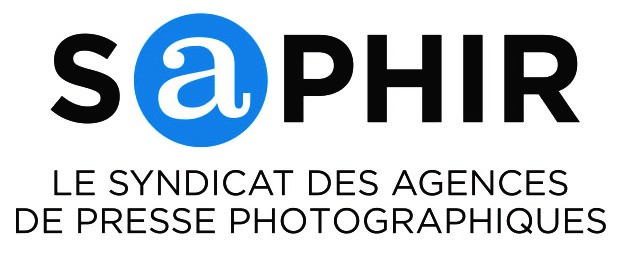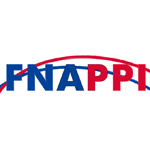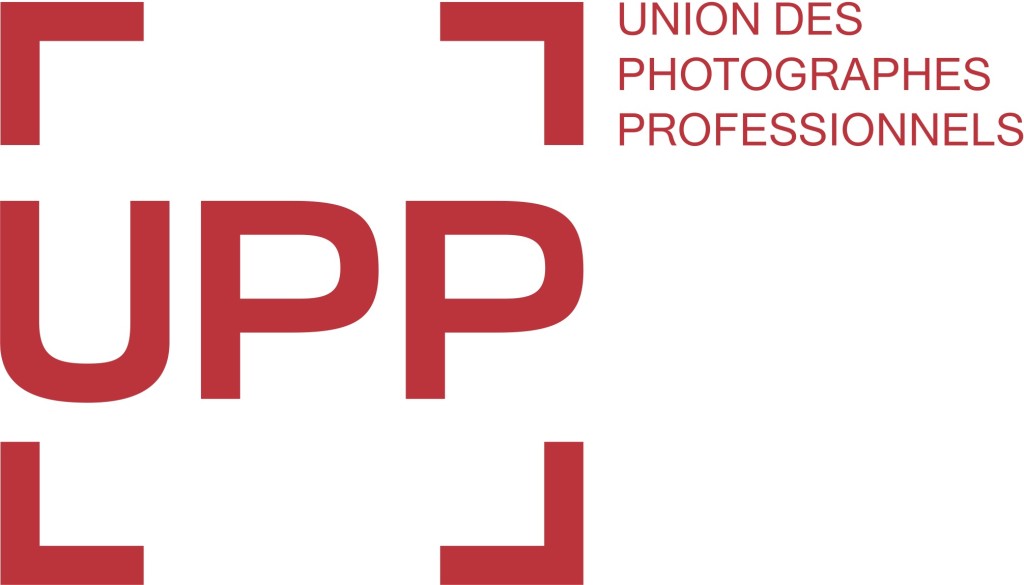Getty Images, one of the largest providers and creators of original visual content and the leading provider of commercial images online, confirmed that it has been granted “interested party” status in the European Commission’s investigation into anticompetitive behavior by Google. Getty Images provides specialized image search and shopping services to end users in direct competition with Google.
Google holds over 90% of the image search market in Europe and is accused of leveraging its dominant position in general web searches to favor its own service, Google Image Search. Among other things, Google is accused of using images that are owned and/or distributed by Getty Images to build and promote its own image search vertical, while demoting the appearance of original content providers like Getty Images in general web search results.
Google introduced Google Images search results in Google web search in 2007, then followed with changes to its image search interface in early 2013 that resulted in the display of engaging, large-format high-resolution imagery scraped from third parties. As a result of these changes, Google has succeeded in driving additional traffic to itself and created a captive environment that ensures that traffic on Google almost never diverts to the source sites of the images – source sites like Getty Images and other specialized image search companies. These activities have allowed Google to create and maintain dominant market shares both in general and image search. By reserving all user traffic, engagement and data activity within its own ecosystem, Google further benefits itself at the expense of the original content owners’ growth, as Google becomes better informed about the data and customers of its competitors.
Google also engages in web scraping, a technique which facilitates the extraction and duplication of data, including images, which in a great many instances involves the outright duplication of copyrighted material. Google uses photographs and images that are owned and/or distributed by Getty Images in Google Images search results, with these results often appearing as a carousel at the top or near the top of the general web search results page. Clicking on images in the carousel does not lead users to source sites – instead they direct users to Google Images, where users can view large format, often unattributed images. Web search results that link directly to the Getty Images website are placed low in the search results, frequently, and remarkably, not on the first page of results. This means Google is benefitting from the use of Getty Images content, used to generate results within Google Image Search, without sending the image searchers to the Getty Images website or other competing image search engines. Furthermore, with its large-format display, it allows end users to easily copy the images by simply “right-clicking” on them, resulting in massive theft of original content.
Google’s exclusionary behavior is severely impacting Getty Images services, exploiting its intellectual property and limiting future opportunities. Google’s disruptive behavior not only impacts Getty Images directly but also affects over 200,000 photographers, illustrators and filmmakers with whom Getty Images works, as well as over 300 image partners, that include the world’s top media brands and other stock photo companies. Google’s conduct chills innovation and competition from specialized image search companies and ultimately deprives image searchers and the internet ecosystem of new products and services.








